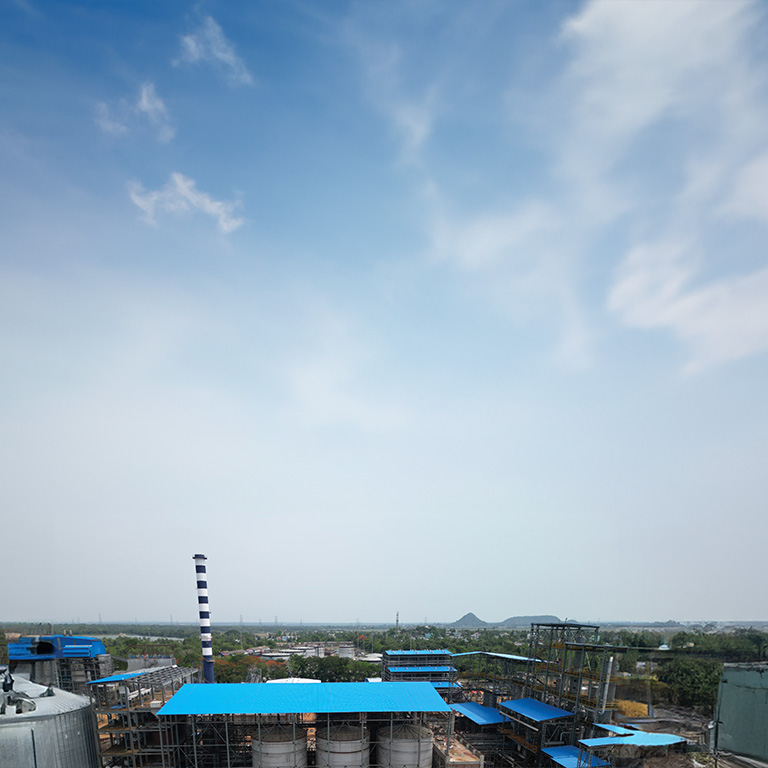What is sustainable energy
Sustainable energy is the energy that addresses needs of the current ages without compromising the needs of people in the future. Sustainable energy is tied in with tracking down spotless, inexhaustible wellsprings of energy sources that replenish themselves.
Now this sustainable energy will be energy that we won’t ever go through or exhaust. It is limitless.
A few types of energy can be viewed as sustainable. Besides the most generally considered sources—wind, sun, and water—there’s bioenergy and geothermal energy. Bioenergy is the method involved with making energy from organic masses like straw, compost, and other agricultural by-products. Geothermal energy is energy from Earth’s inner energy sources, similar to geysers.

Biofuel as a sustainable energy
Biofuels are combustive fuels produced from recently harvested plants. They work similar as petroleum derivatives: they burn when ignited, delivering energy that can be changed over to motion in a vehicle, or heat for a house. Biofuel can be obtained from various yields, just as abundant plant matter from different industries. Utilizing biofuels is one method of decreasing reliance on petroleum derivatives.
Harvested plant matter is refined into fluid biofuel. On account of corn, the plant matter is separated into a “mash”. Enzymes separate the corn mash into sugar, which are fermented with yeast to create liquor and other plant by-products. The liquor is filtered from the mash, and the excess plant matter is utilized as animal fodder. With the last addition of heat, the liquor is processed into ethanol, which can be utilized as a biofuel.
Since the plants used to deliver biofuels can be grown and harvested, making them renewable assets, biofuel is a more sustainable option in contrast to customary petroleum products. However, it still requires a ton of energy to create, so it’s a long way from perfect; in any case, as indicated by the Energy Future Coalition, for each gallon of oil utilized in handling and processing biofuels, 12 to 20 gallons of biofuel can be produced.
Future of ethanol in India
The union minister for Road Transport and Highways, Nitin Gadkari said in an occasion that he will sign a record that will direct the automakers to make motors that can run totally on bioethanol.
Bioethanol or Flex-fuel, is an elective fuel made from a mix of gas and methanol or ethanol.
In India It is made by utilizing rice, maize, corn, and sugar. It is called flex-fuel since it tends to be utilized both as an added substance in petroleum or just as an alternative. This fuel is completely eco-friendly fuel.
India has managed to save valuable foreign exchange outgo worth Rs 9,580 crore over the most recent one year on account of the utilization of Ethanol Blended Petrol (EBP) in transport.
Under the EBP program, Oil Marketing Companies (OMCs) sell 10% ethanol-mixed petroleum or E10. Indian Oil (IOC), Bharat Petroleum (BPCL) and Hindustan Petroleum (HPCL) sold 3,672 crore liters of EBP between 1st December 2020 and 14th November 2021.
Ethanol fuel is a very cost-effective energy source since virtually every country has the capacity to produce it. The main advantage of ethanol as a biofuel is that it does not cause pollution to the environment. Use of ethanol has resulted in decrease in emission level of greenhouse gases as they burn cleanly on contrast with petroleum. Since this sustainable fuel can be derived from plants it is easily accessible to a lot of people, hence, overall reducing the dependency on traditionally used fossil fuels.
Get to know more about the challenges and future prospects of ethanol





